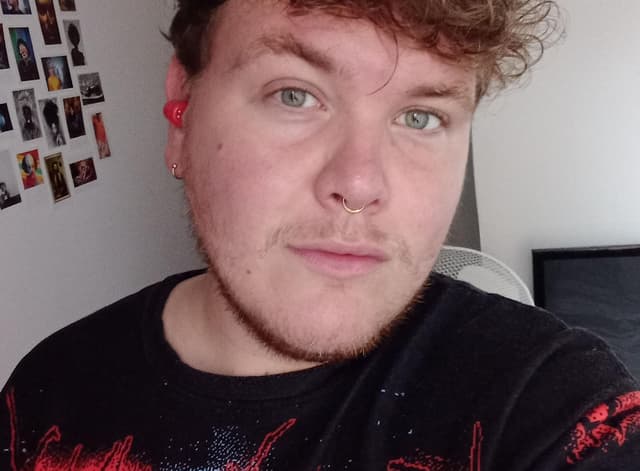Podcast

Jake Hall's Search for Radical Self-Expression
February 7, 2022
Journalist and Mel Magazine staff writer Jake Hall has covered everything from art and fashion to the adult industry. Primarily focused on sexuality, Jake is most interested in “the niche within the niche,” telling stories about underexplored aspects like queer fashion and exploring gender identity via sex work.